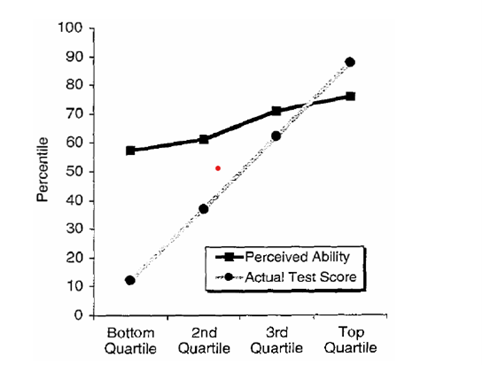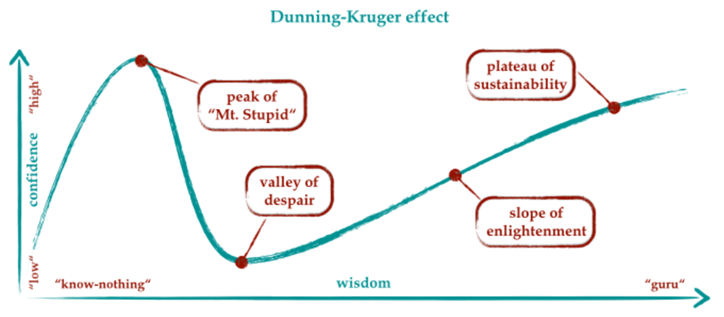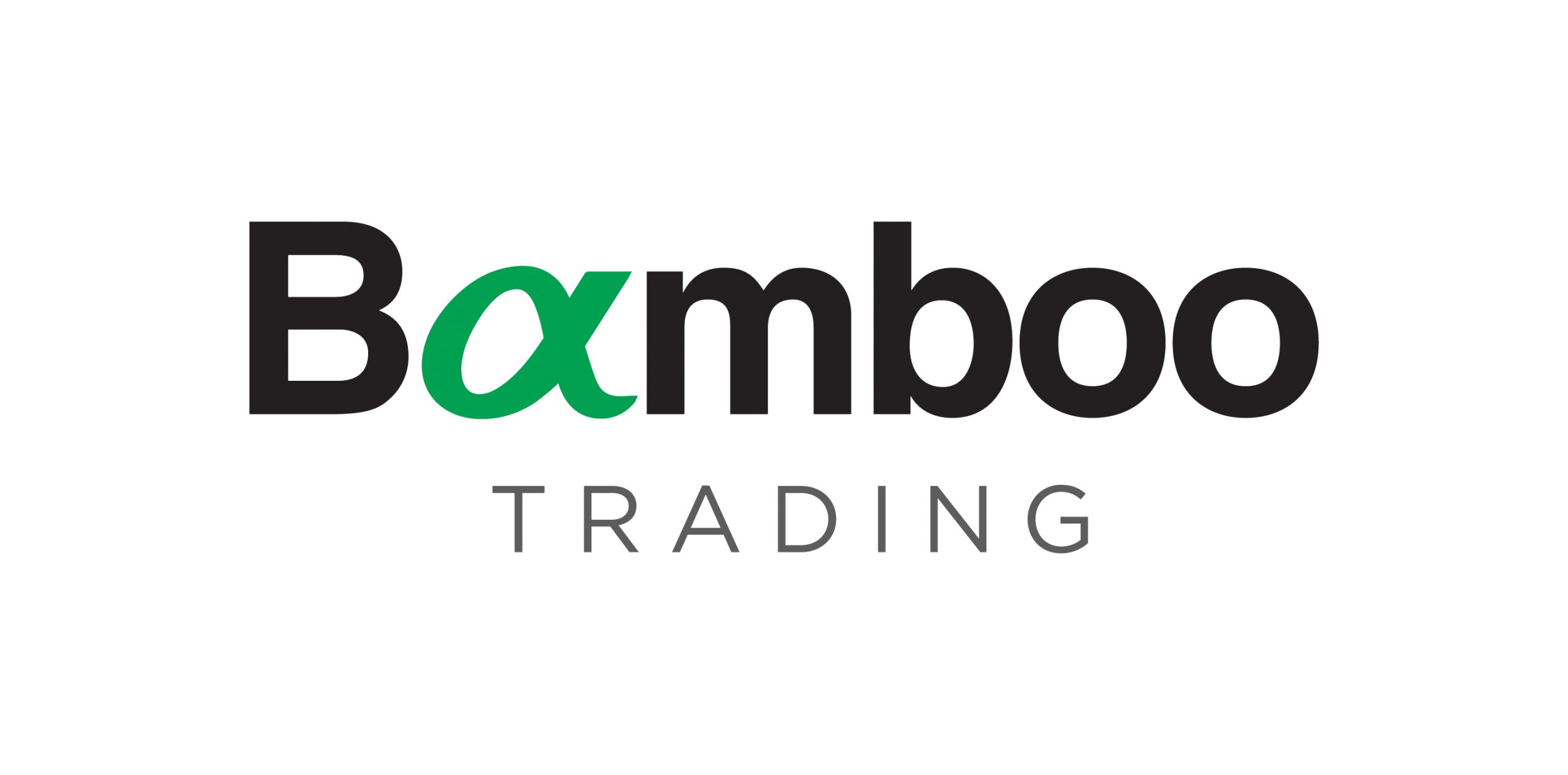This is the effect that individuals overestimate their ability and skills in many domains[1]. They suffer from a lack of competence, cognitive skills and a lack of self-assessment capability. This is seen in students’ estimation of their ability and test scores as seen in the figure below[2]. Those in the bottom quartile of skill and ability perceive their ability to be much higher than their actual test scores as opposed to the top quartile where the actual test score is higher than their perceived ability or knowledge.

The graph below[3] shows a good depiction of the cognitive bias that most individuals suffer on their road to knowledge and mastery.

On the journey toward being a professional trader, the older ones realise how little they know and how much more work lies ahead. Most novice traders are too confident of their abilities, bet too big and generally don’t survive their initial year.
“The more you know, the more you realize you don’t know.”[4]
[1] Kruger, Justin; Dunning, David (1999). “Unskilled and Unaware of It: How Difficulties in Recognizing One’s Own Incompetence Lead to Inflated Self-Assessments”. Journal of Personality and Social Psychology. 77 (6): 1121–1134. CiteSeerX 10.1.1.64.2655. doi:10.1037/0022-3514.77.6.1121. PMID 10626367. S2CID 2109278.
[3] https://ardalis.com/the-more-you-know-the-more-you-realize-you-dont-know/
[4] Aristotle

